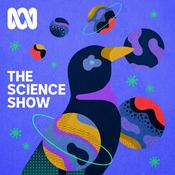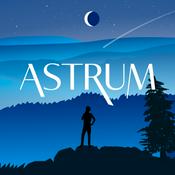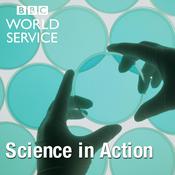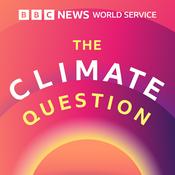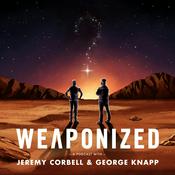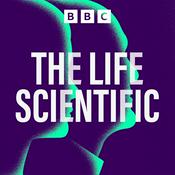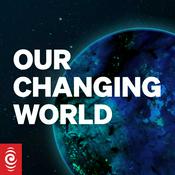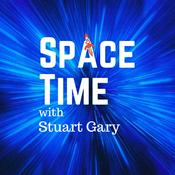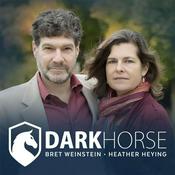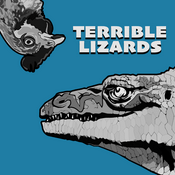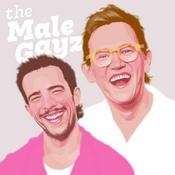Available Episodes
5 of 73
- The Single Most Effective ThingThis podcast show started with Waveney asking the question, “what is the single most effective thing I can do to save the planet?’ Two years on, and 71 episodes later, both Tim and Waveney take stock of what actions seem to stand out from the rest and declare what their own personal ‘official’ winners. As always, the episode sticks to the show’s guiding kaupapa of focusing on simple solutions that trigger positive change through the whole collection of planetary woes from extinction, to microplastic, to climate change – connecting people with their power to make a difference. This episode is the last episode for Season 2 and the last for the series. We’d to thank our major funders, (Huckleberry, All Heart, Ethique, Ecotricity, Kokako and the Live Lightly team at Auckland Council); the How to Save the World Team (Brody, Mariel and others who volunteered their time); and our amazing guests, listeners and biggest thanks of all to our partners, Zoe and Matthew. Hosted on Acast. See acast.com/privacy for more information.--------31:46
- Green Living: Beautiful Extended WhānauJourney into the world of Koia and Robyn, living sustainably in Manurewa, Auckland, with 9 other whānau members in a ‘not much bigger than average’ sized house. The episode starts with Koia leading a pōwhiri to formally welcome Tim and Waveney into their home and bless their time together. After the pōwhiri, Robyn shares her homemade feijoa cake and extraordinary feijoa skin fermented fizzy drink (how to details in episode). The manaaki and aroha flow out of Koia and Robyn, encompassing not just their whānau, but their community, and their environment. They both work professionally supporting others to be their best, Robyn working with tamariki at a kōhanga reo (https://www.kohanga.ac.nz/) ; and Koia working with community members at the ME Family Services centre in Mangere East (http://www.mefsc.org.nz/). Koia shares from the heart about how Whare Tapa Whā transformed his life and about how they got to where they are today as a whānau. Glossary of terms:· Whānau / family· Pōwhiri / welcome ceremony· Manaaki / to show respect, generosity and care for others· Aroha / love· Tamariki / children· Kōhanga reo / Māori language nest school· Whare Tapa Whā / a Māori model of health and wellbeing encompassing:o Taha tinana (physical health)o Taha wairua (spiritual health)o Taha whānau (family health)o Taha hinengaro (mental health) Hosted on Acast. See acast.com/privacy for more information.--------34:21
- Should We Have Less Kids?The desire to have and love children is one of the strongest, most basic human urges. But studies show that having less kids or no kids is by far the single most impactful action you can take to create a more sustainable tomorrow. So is there any wiggle room in these studies? Or could we justify having a baby on other grounds? Perhaps countries with low birth rates and high consumption rates, (i.e us here in Aotearoa and other wealthy nations), should actually focus the way we consume? We love babies here at How to Save the World and see this episode as a chance to personally reflect on what feels right for you, not as a chance to forward to your prodigiously reproducing friends. It’s a hard topic - so hard in fact that it is usually completely omitted from civic debate or sustainability forums. Thanks to those who have gone there, notably: North & South Magazine, Feb 2020, ‘Saving Planet Earth One (Less) Child at a Time’ by Sharon StephensonPopulation Matters (website & Facebook page)8 Billion Angels movieUN Sustainable Development Goals - less population video:University of Lund and University of British Columbia, 2017 Study (cited in N&S article)BIoScience journal, 2019 Report, ‘World scientists’ warning of a climate emergency, (cited in N&S article)Project Drawdown, health & education of women If you’d like to take more control of your fertility: Hooray, in Aotearoa all LARCS (long lasting reversible contraceptives) (i.e. implant and IUDs) are now completely funded. Have a contraception plan: visit any Family Planning Clinic for professional, non judgemental advice and support Hosted on Acast. See acast.com/privacy for more information.--------49:37
- How To Buy Organic Food CheapBuying organic food (food grown without the use of synthetic fertilisers and pesticides) is crucial to restoring the earth and protecting our biodiversity. But it costs the earth to do the right thing, right? WRONG! In many cases, buying organic food can save you money. In this episode, Waveney explains how.It all starts with intention, knowing WHY to buy organic and making the decision. According to the UN’s 2014 report on Food and Agriculture, the planet only has 53 harvests left on our current trajectory.If you’re a regular supermarket shopper, it can be as simple as looking for the organic label of the food you’re already getting, which may involve looking in the slightly less obvious bits of the aisle. Getting a food box delivery service that does organic veges like Ooooby is also an easy and cost-effective method of going organic – the meal plans mean you usually wind up with no spoiled ingredients. Farmer’s markets are a great way to source organics from your local area and connect with farmers who can tell you right there and then whether they’re growing organic crops – if you’re buying in season fruit and vege, even their organic prices will often beat the supermarket. Now we even have chains who focus on sustainable products, like Huckleberry, who have a huge range of products under one roof.Buying organic food in bulk and joining a collective are great ways to save some serious coin. Try looking on Facebook groups for collectives in your area. Or get your own wholesale account from Ceres Organics and Ecostore. Just enquire via the website. Both have a minimum order value and minimum amounts of the product you can buy, so ask a couple of friends to join in. Hosted on Acast. See acast.com/privacy for more information.--------50:00
- Change Is Coming w/ Leo MurrayOne year on from our last discussion with self-described Worm Guy (and Why Waste founder) Leo Murray, he returns to discuss with Tim and Waveney what lessons we've learned from living with COVID for the past 12 months, and what we need to do next to try and protect our planet. We discuss the implications of simpler living during lockdown and the false dichotomy of mitigation vs. adaptation when it comes to responding to the climate crisis. We also chat about how we, as a species, may need change our thinking from relying on technology to connecting with each other.We also celebrate the incredible change that we're seeing in ourselves and those around us, including tremendous uplift in the amount of shared understanding that change is coming and we need to address the climate and protect our environment. We also talk about Aotearoa New Zealand's unique gift in the form of te ao Māori and what we can learn from our tangata whenua’s world perspective.Check out Leo’s worm farm rental business WhyWaste here: (Hire a wormfarm — Why Waste | Worm Farm Memberships) Hosted on Acast. See acast.com/privacy for more information.--------53:49
More Science podcasts
Trending Science podcasts
About How To Save The World Podcast
Join acclaimed environmental advocate Waveney Warth and award-winning comedian Tim Batt as they explore better ways to a better future. It’s sustainability, the kiwi way: Upbeat. Informed. Simple. Hosted on Acast. See acast.com/privacy for more information.
Podcast websiteListen to How To Save The World Podcast, The Rest Is Science and many other podcasts from around the world with the radio.net app
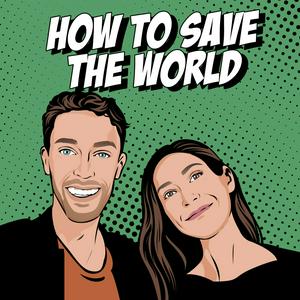
Get the free radio.net app
- Stations and podcasts to bookmark
- Stream via Wi-Fi or Bluetooth
- Supports Carplay & Android Auto
- Many other app features
Get the free radio.net app
- Stations and podcasts to bookmark
- Stream via Wi-Fi or Bluetooth
- Supports Carplay & Android Auto
- Many other app features


How To Save The World Podcast
Scan code,
download the app,
start listening.
download the app,
start listening.
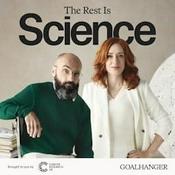









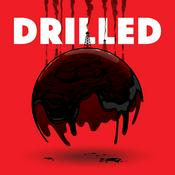
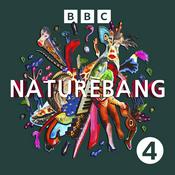
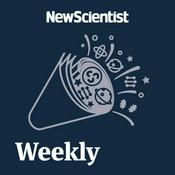
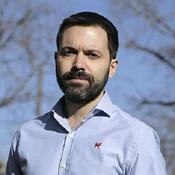
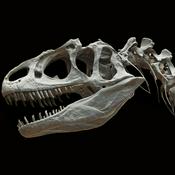


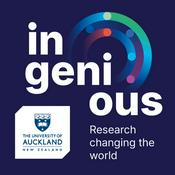

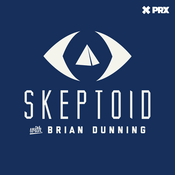
![Podcast Cosmosis [Formerly The UFO Rabbit Hole]](https://nz.radio.net/podcast-images/175/the-ufo-rabbit-hole-podcast.jpeg?version=c4cfeed14331265219e0263fd62be755644a8cf4)




